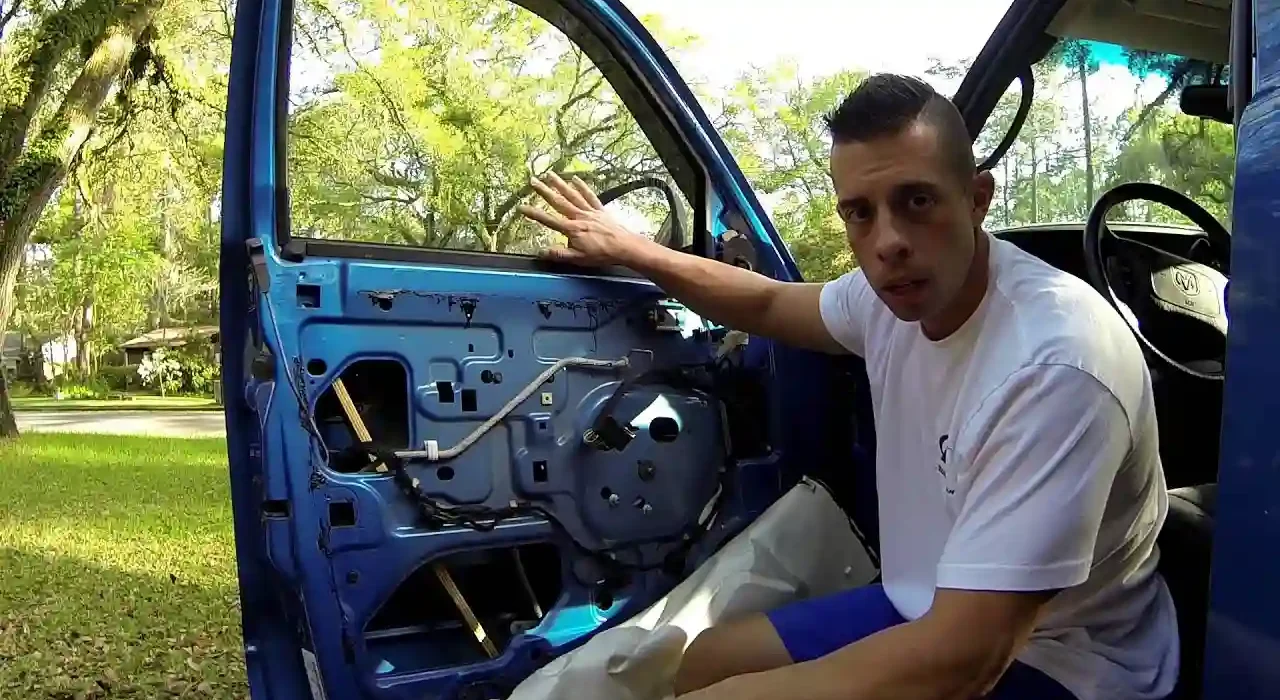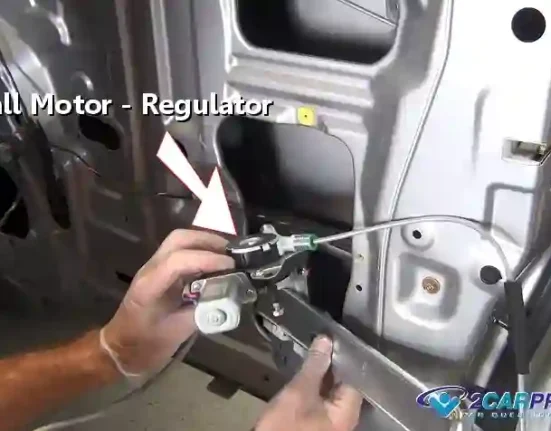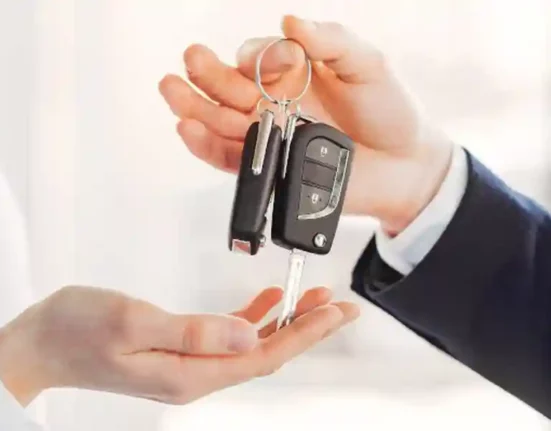When it comes to preserving the value of your vehicle, regular maintenance and care are key factors. One often overlooked aspect of maintenance is the window regulator, the mechanism responsible for controlling your car’s windows. While window regulators may seem like a minor component, their proper functioning can significantly impact your car’s overall value. In this article, we’ll explore the importance of window regulator maintenance and replacement in preserving your car’s value.
Understanding Window Regulators:
Window regulators are essential components of any vehicle equipped with power windows. These regulators control the movement of the windows, allowing them to be raised or lowered effortlessly. In older vehicles, window regulators may be manually operated by a hand crank, while modern cars are equipped with electric or power window regulators that use an electric motor for operation.
The Role of Window Regulators in Vehicle Value:
- Aesthetic Appeal: Functional and aesthetically pleasing windows contribute to your car’s overall appearance and appeal. A malfunctioning or inoperative window can negatively affect the exterior and interior aesthetics, potentially lowering the perceived value of your vehicle.
- Safety and Security: Window regulators also play a crucial role in the safety and security of your vehicle. Properly functioning windows can be quickly closed in emergency situations, providing a barrier against external threats. Malfunctioning windows may compromise the safety of the vehicle’s occupants and its contents.
- Convenience: Convenience features, including power windows, are highly sought after by buyers in the used car market. Malfunctioning window regulators can hinder the convenience and functionality of your car, making it less attractive to potential buyers.
Signs of Window Regulator Issues:
To preserve your car’s value, it’s essential to be aware of common signs of window regulator problems:
- Unusual Noises: Grinding, clicking, or squeaking sounds when operating the windows can indicate issues with the regulator’s mechanical components.
- Slow or Erratic Movement: If your windows move slowly, get stuck, or operate erratically, it may be a sign of a failing window regulator.
- Window Stuck in Position: A window that’s stuck in an open or closed position and won’t move can be a clear indicator of a malfunctioning regulator.
- Visible Damage: Physical damage to the window regulator, such as broken cables, bent arms, or detached components, should not be ignored.
Preserving Your Car’s Value through Window Regulator Maintenance:
- Regular Inspection: Include window regulator inspection as part of your routine vehicle check-ups. Look for any signs of wear, damage, or unusual noises when operating the windows.
- Prompt Repairs: If you notice any issues with your window regulators, address them promptly. Delaying repairs can lead to further damage and potentially higher repair costs.
- Use High-Quality Replacement Parts: When replacing window regulators or related components, opt for high-quality, OEM (Original Equipment Manufacturer) parts or reputable aftermarket parts. Quality parts ensure proper fit and function.
- Professional Repairs: For complex window regulator issues or replacements, seek the expertise of a qualified mechanic or auto technician. They have the necessary tools and experience to perform the job correctly.
- Regular Lubrication: Lubricate the window regulator’s moving parts as recommended by your vehicle’s maintenance schedule. Proper lubrication reduces friction and wear on components.
- Keep Records: Maintain a detailed record of all window regulator repairs and maintenance. This documentation can be valuable when selling your car, as it demonstrates your commitment to upkeep.
Window Regulator Replacement and Vehicle Resale Value:
If your vehicle’s window regulator requires replacement, you might wonder how this impacts its resale value. Here’s what you need to know:
- Positive Impact: Addressing window regulator issues and providing evidence of proper repairs can have a positive impact on your car’s resale value. It demonstrates that you’ve maintained and cared for your vehicle, which can instill confidence in potential buyers.
- Negligence Can Decrease Value: On the other hand, neglecting window regulator issues can lead to decreased resale value. Buyers may perceive a malfunctioning window as a sign of poor vehicle maintenance, potentially lowering their offer price.
- Transparent Disclosure: If you’re selling your vehicle and have recently replaced a window regulator, it’s essential to disclose this information to potential buyers. Honesty and transparency build trust and may justify a higher asking price.
- Professional Repairs: Having window regulator replacement performed by a professional mechanic with a warranty on parts and labor can be an attractive selling point. Buyers often appreciate the peace of mind that comes with professionally repaired and warranted components.
- Appearance and Functionality: Functioning windows and the overall appearance of your vehicle’s interior can make a significant difference in its resale value. A well-maintained and aesthetically pleasing interior can command a higher price.
Conclusion:
Preserving your car’s value involves attention to detail and proactive maintenance, including the care of components like window regulators. By addressing window regulator issues promptly, using high-quality replacement parts, and maintaining proper documentation of repairs, you can enhance the resale value of your vehicle. When it comes time to sell or trade in your car, a well-maintained window regulator system will be one less concern for both you and potential buyers, contributing to a smoother and more lucrative transaction. Remember that a well-kept vehicle not only retains its value but also reflects the care and pride of ownership, making it more appealing to discerning buyers in the competitive used car market.








